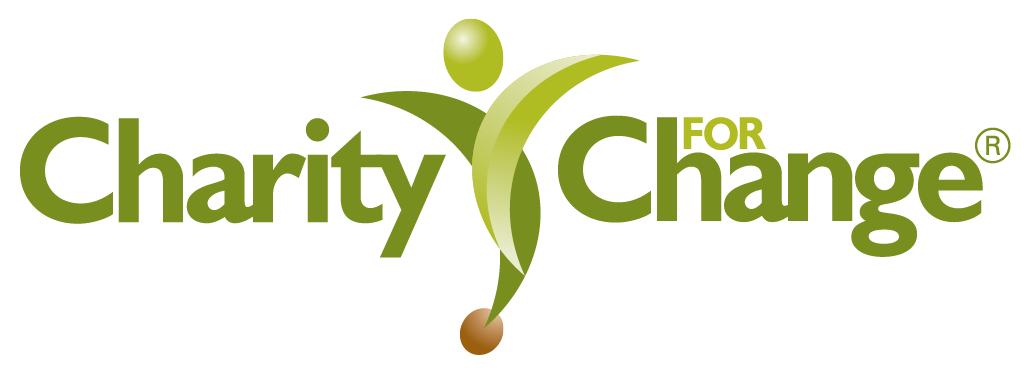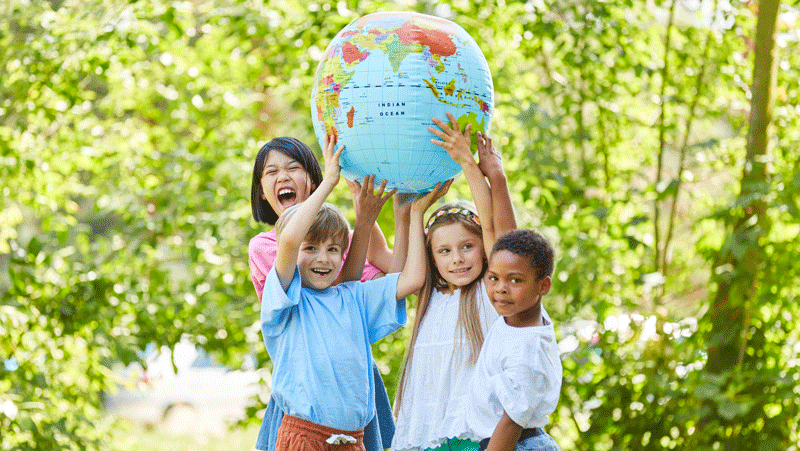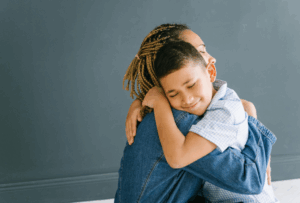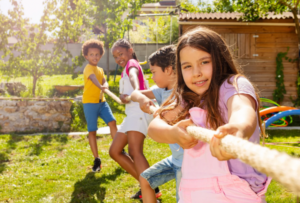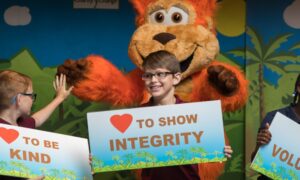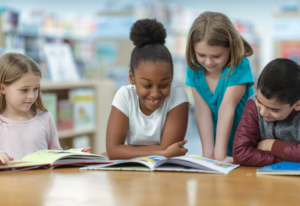By Karen Conley, President, CEO and founder of Charity for Change
Children go to school to learn math and how to read. They discover past histories and explore science. However, while teaching students the core subjects they will need to go further in their education and into their future careers, they need to learn and comprehend critical character traits to grow emotionally and socially. And like the cog in the wheel, good citizenship is an integral part of any community and society as a whole.
What is Good Citizenship?
When you first think of the meaning of citizenship, you may think about being a citizen of a state or country, and you’d be correct. Citizenship is also how you interact and contribute as a part of a community. From a resident in your home to a human on Earth to a user in the digital world, you are a citizen of various societies throughout your life.
Good citizenship is typically broken down into five different themes:
Honesty. Being honest with others, yourself, and in your interactions.
Compassion. Caring for people, yourself, and other living things.
Respect. Respecting your communities, our planet, and each other.
Responsibility. Taking responsibility both privately and publicly through action.
Courage. Doing the right thing even when it is difficult.
When we teach children the themes of citizenship, we are helping them grow into kind and productive members of society who know they are capable of positively contributing to the world around them. This not only helps us build a better world, but it also helps kids develop a sense of ownership with their role at home, in school, and the community.
Teaching Good Citizenship to Students
Educating children about citizenship is more than teaching them about the different branches of government and the Constitution. It’s vital to teach students that they have a voice and an important role in society and that it matters. Some activities you can include in the classroom to help cultivate good citizenship include:
Reading Books About Citizenship
Depending on the grade level, books on citizenship can be read aloud or independently. Various books at different age levels explore the themes of citizenship. Some include real-world experiences or stories of famous great citizens, like Abraham Lincoln or Martin Luther King, Jr. After reading, hold a class discussion on how the people in the books showcased good citizenship.
Use Creative Prompts to Define Citizenship
Either through writing or drawing, give your students a prompt to share what good citizenship means to them. Potential prompts can include:
- Draw a time you felt happy or sad for somebody else;
- Why is it important that we have rules and laws;
- You borrowed something from a friend, and you lost it; what do you do?
Draft a Classroom Constitution
As a class, discuss the classroom rules and expectations. Let students debate the pros and cons of the rules and then hold a vote to form a consensus on what stays. Then once there is an agreement, have each student sign your new Classroom Constitution in agreement that they understand and will abide by the rules.
Grow a Good Citizen Tree
As a class, discuss what makes a good citizen in their different societies: in class, in school, at home, and in the community. Make a list of good citizenship in action, for example:
- Picking up litter
- Collecting donations for charity
- Recycling
- Caring for animals and plants
- Helping those in need
Then create a tree with many limbs on a classroom bulletin board or wall. Create paper-shaped apples that you and your students can award to others in the classroom when they display good citizenship. Write the student’s name and the example of good citizenship on the apple, add it to the tree, and watch your tree grow throughout the year.
The earlier children learn about citizenship, the stronger their commitment is to contribute to their communities. Additionally, when students value and understand the themes of citizenship, it lowers the incidents of bullying and cyberbullying. Because helping kids become good citizens helps them thrive, spreads kindness, and builds a safe and supportive world for us all.
About the Author
Karen Conley is President, CEO and founder of Charity for Change, a non-profit social-emotional learning educational organization funded by philanthropy. For information, visit charityforchange.org.
